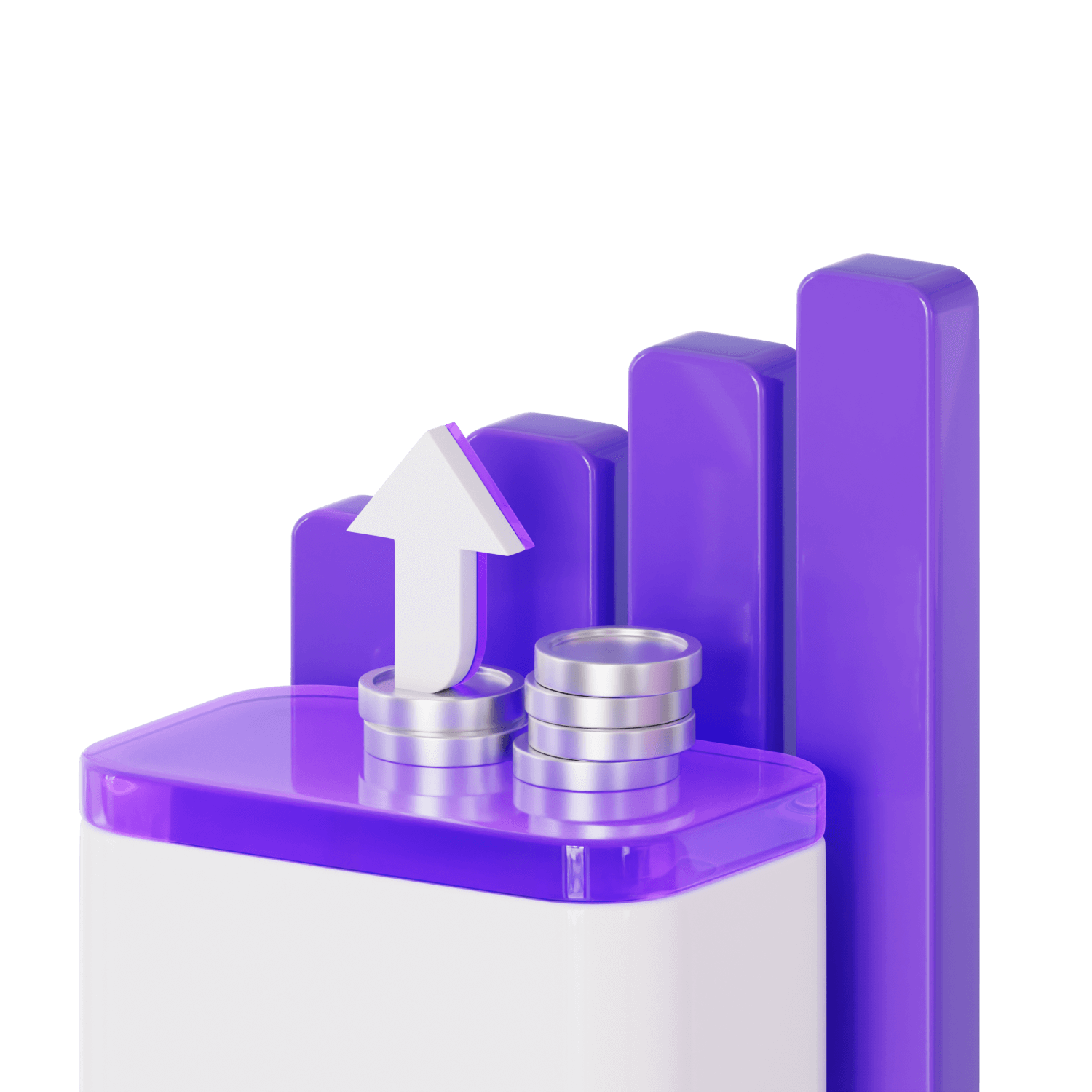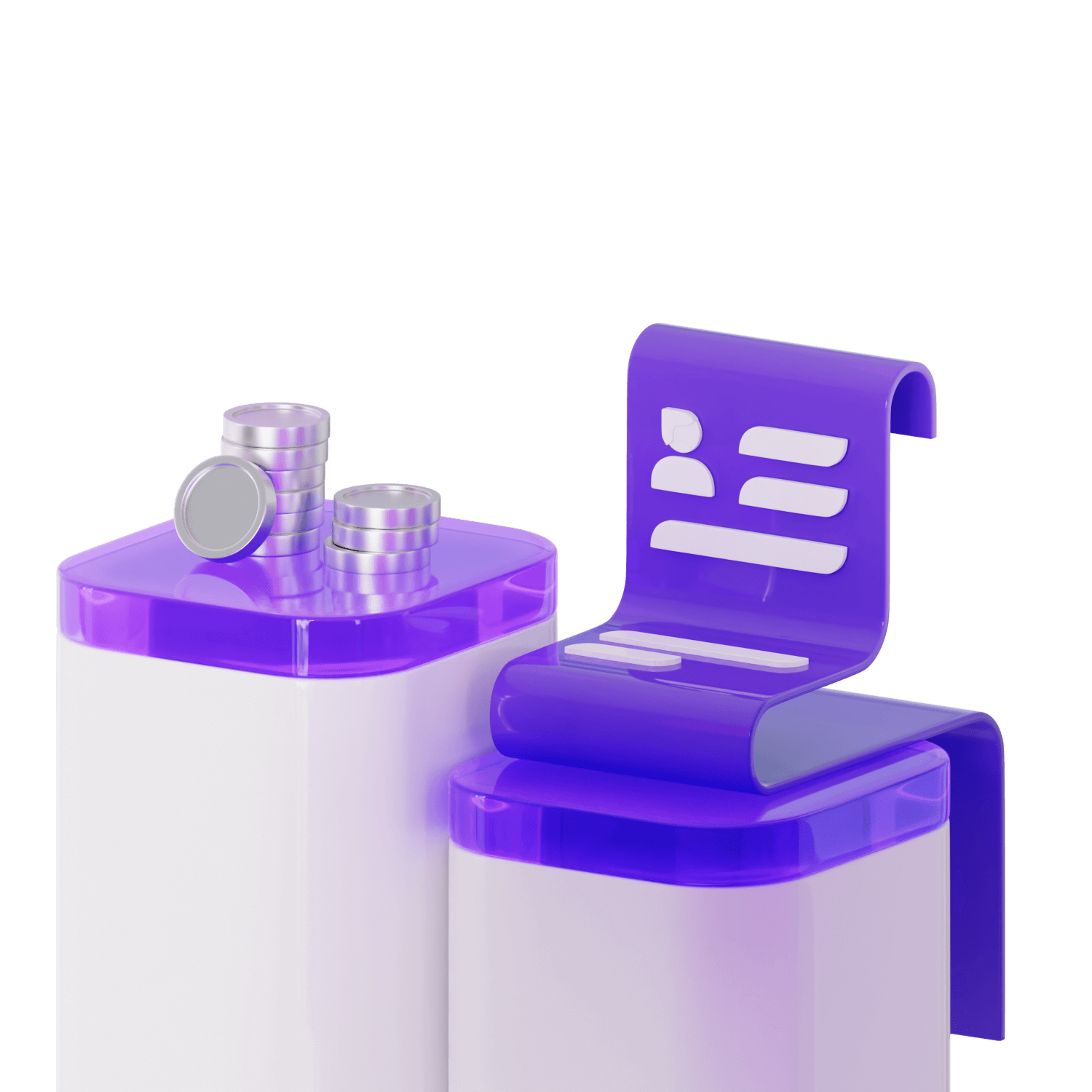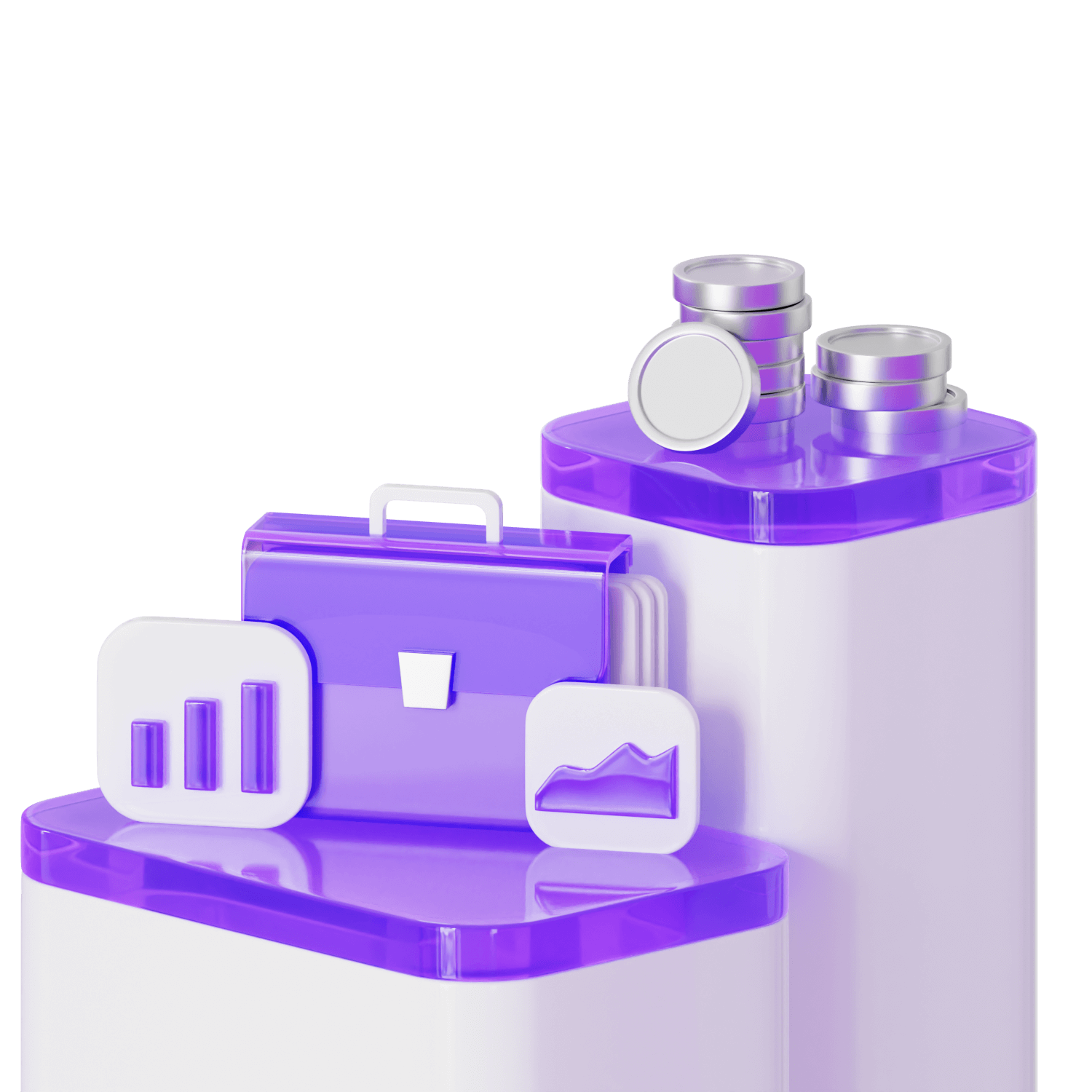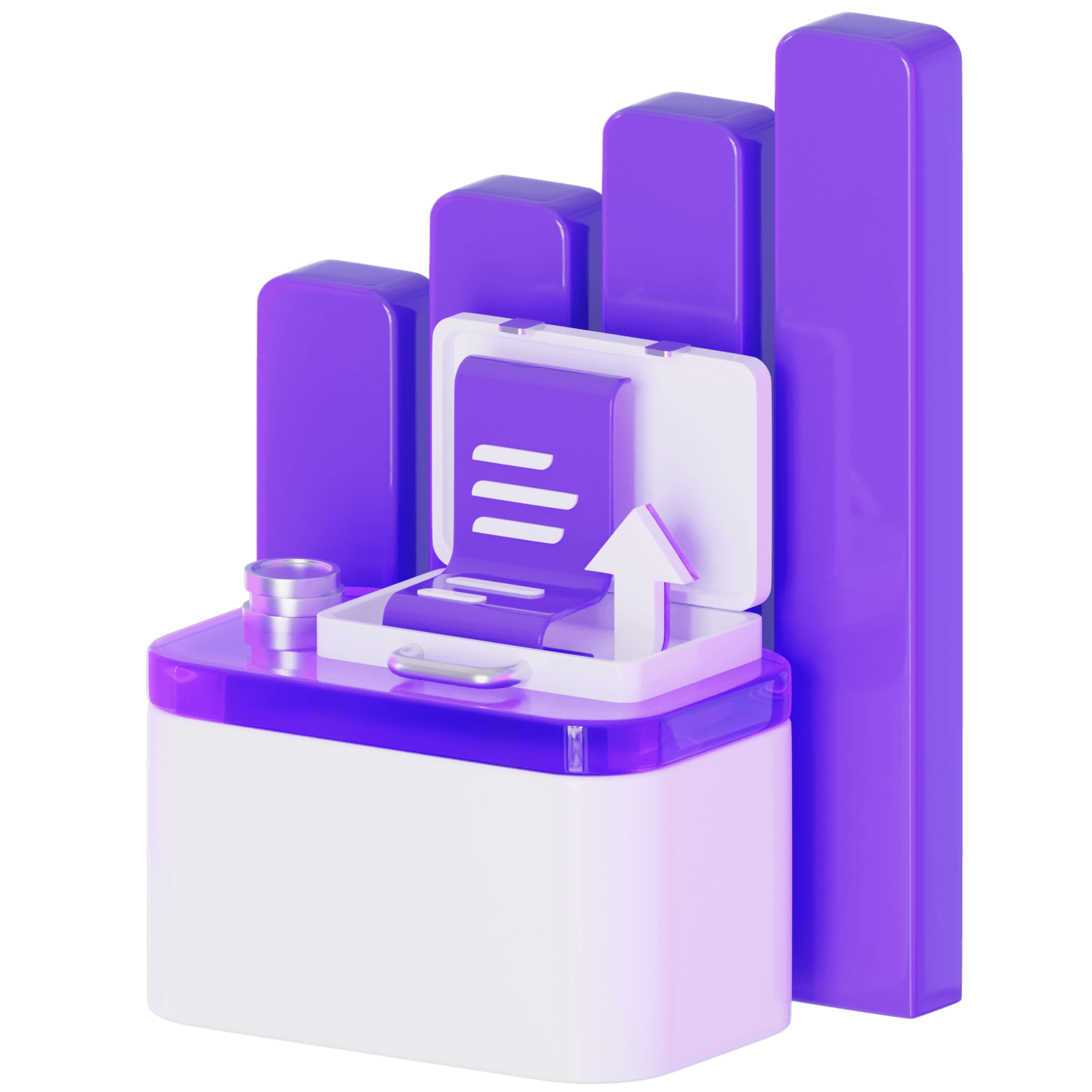
Download Vita Markets app now
Why It's crucial for everyone to start investing
Why It's crucial for everyone to start investing
Imagine you've had $10,000 sitting in a bank safe since January 2014. Picturing it? Over these years, inflation has eroded the value of that money. Nine years have passed, and while the amount in the safe remains the same $10,000, its purchasing power has decreased compared to 2014. To enjoy the same purchasing power as $10,000 in 2014, you'd need about $12,779 today in the US. Based on official data, US inflation during this period was approximately 27.8%. Meanwhile, in Europe, the inflation rate over the same time frame hovered around 20%. In Hungary, inflation was even higher, reaching about 52%.
We cannot control inflation, but we can safeguard our capital against it: the key is making our money earn even more money.
Our aim is to teach you how to invest in the American market, ensuring that your money retains its value over time.
We cannot control inflation, but we can safeguard our capital against it: the key is making our money earn even more money.
Our aim is to teach you how to invest in the American market, ensuring that your money retains its value over time.

Why risk investments when there are safe deposits?
Why risk investments when there are safe deposits?
The truth is, stock market investments don't guarantee consistent growth — there are potential sharp increases as well as unexpected drops. The securities market provides no assurances, and your capital isn't insured.
Against this backdrop, bank deposits seem like a reliable option: the Hungarian government, through OBA (Országos Betétbiztosítási Alap or Hungary's National Deposit Insurance Fund), insures deposits up to 100,000 euros. Interest rates on deposits usually don't outpace inflation but merely catch up to it.
However, this isn't always the case.
If inflation accelerates and grows rapidly, deposit rates might not keep up, causing what you deemed to be your most reliable savings to diminish in value.
This lag can persist for months or even years. One just has to recall the years of the past crisis.
Thus, there's no absolute guarantee that would shield your money from devaluation. We must come to terms with this reality and search for the most advantageous options. Investing in stocks and other instruments in the American market offers a good opportunity to outpace inflation and grow your capital.
We aren't urging you to abandon deposits and invest all your funds in stocks or other financial instruments. On the contrary, deposits also play a vital role in your financial strategy. However, the most effective (and safe) way to increase your savings is by diversifying your investments.
Keep some of your funds in deposits and some in investments. If one financial instrument results in unexpected losses, the gains from others can offset them.
We'll guide you on how to create a balanced portfolio and minimize risks.
But before you start investing in the stock market, make sure that:
1. You don't have debts or loans with high-interest rates.
2. You have a financial "safety cushion" - a reserve of funds you do NOT intend to invest.
3. You're prepared to hold onto your investments for an extended period, at least half a year, but preferably for several years.
Now, you're ready to begin investing.
Against this backdrop, bank deposits seem like a reliable option: the Hungarian government, through OBA (Országos Betétbiztosítási Alap or Hungary's National Deposit Insurance Fund), insures deposits up to 100,000 euros. Interest rates on deposits usually don't outpace inflation but merely catch up to it.
However, this isn't always the case.
If inflation accelerates and grows rapidly, deposit rates might not keep up, causing what you deemed to be your most reliable savings to diminish in value.
This lag can persist for months or even years. One just has to recall the years of the past crisis.
Thus, there's no absolute guarantee that would shield your money from devaluation. We must come to terms with this reality and search for the most advantageous options. Investing in stocks and other instruments in the American market offers a good opportunity to outpace inflation and grow your capital.
We aren't urging you to abandon deposits and invest all your funds in stocks or other financial instruments. On the contrary, deposits also play a vital role in your financial strategy. However, the most effective (and safe) way to increase your savings is by diversifying your investments.
Keep some of your funds in deposits and some in investments. If one financial instrument results in unexpected losses, the gains from others can offset them.
We'll guide you on how to create a balanced portfolio and minimize risks.
But before you start investing in the stock market, make sure that:
1. You don't have debts or loans with high-interest rates.
2. You have a financial "safety cushion" - a reserve of funds you do NOT intend to invest.
3. You're prepared to hold onto your investments for an extended period, at least half a year, but preferably for several years.
Now, you're ready to begin investing.
What and how to invest in
Lesson 1
Let's understand how to access the American stock market, differentiate between stocks and bonds, and discover if it's possible to purchase grain on the stock exchange.


Shares: becoming co-owners of a business
Lesson 2
You already know that a stock is a share in a company’s business and that you can make money on dividends or on the growth of the stock price. Let’s figure out how to make money on shares of American companies and not lose a lot of money.

ETFs: How to easily invest in hundreds of companies
Lesson 3
To buy one stock each of Microsoft, Apple and Google, you need more than 500 dollars. And how much would it take to invest in the entire breakthrough IT sector of the United States - thousands? Tens of thousands? No, you need a few hundred, and sometimes even less, and this at lower risks than if you buy stocks individually. The impossible becomes possible with ETFs - or simply exchange-traded funds.

How to build a portfolio that has enough of everything in it
Lesson 4
You already know that ETFs are relatively reliable, but stocks have the potential to generate more income. Let's talk about how to use this knowledge to your advantage.

How to invest systematically and beautifully
Lesson 5
This is the last lesson of the course. Here we have gathered the most important tips on how to invest correctly, so that it is likely to bring you a return and does not take too much time. There are few calculations, but a lot of common sense
3095, Cyprus, Limassol, Pindarou 14
Vita Markets
© 2023. All Rights Reserved
VM Vita Markets Ltd operates through this official website only and provides investment services via mobile application available at the following link











